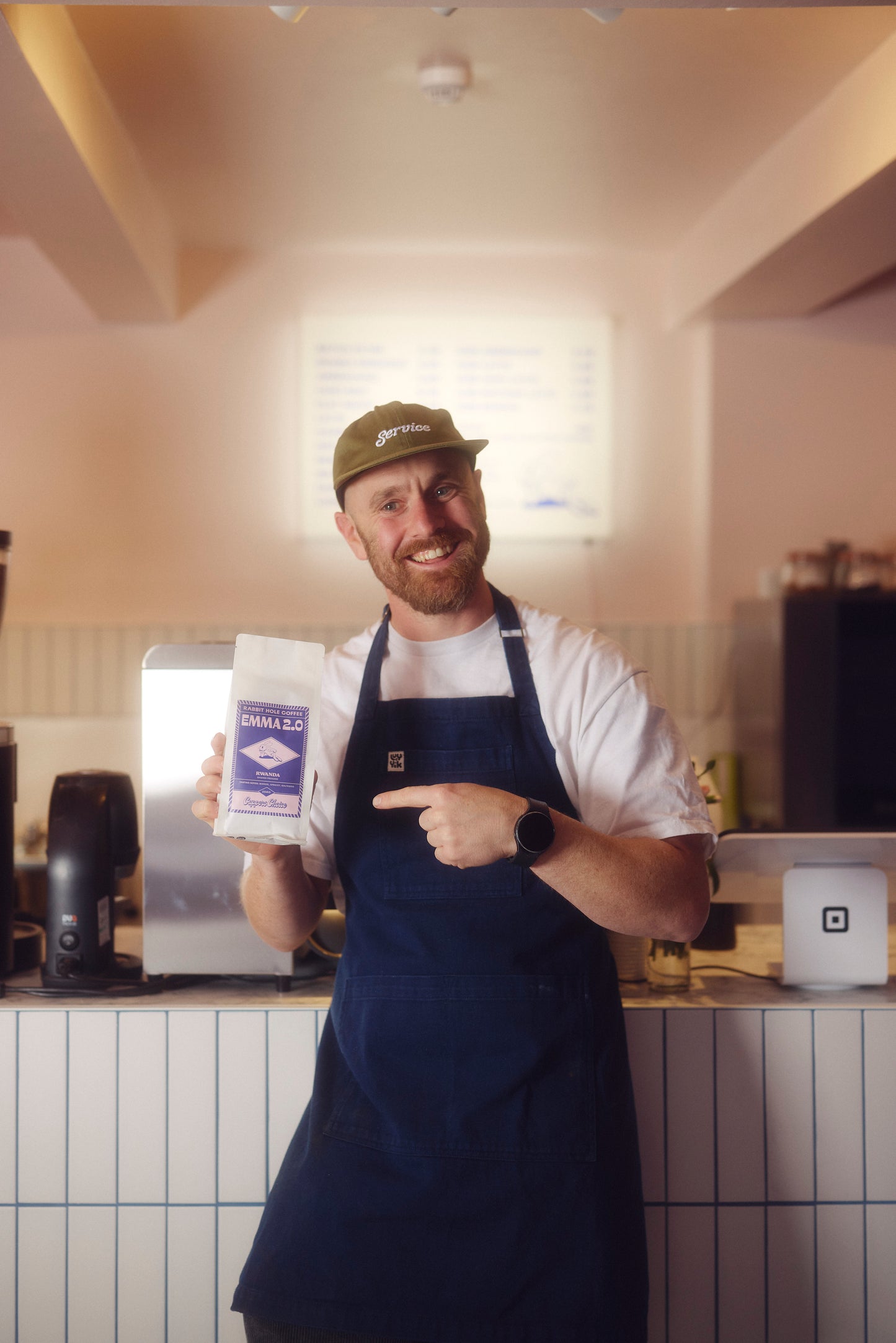RHC X Cuppers Choice - Emma 2.0 250g Bag (Whole Bean)
RHC X Cuppers Choice - Emma 2.0 250g Bag (Whole Bean)
Couldn't load pickup availability
Washed Process
Profile: Medium espresso
Notes: Berries, Apricot, Maltesers
Region: Southern Nyagurua Province
Farm/CWS: Fugi CWS
Producer: Emmanuel Rusatira (Fugi Surrounding Smallholders)
Altitude: 1550-1850m
Variety: Red Bourbon
The Producer
Emmanuel Rusatira is the founder of Baho Coffee — a progressive, community-focused coffee company rooted in Rwanda. After years working in both the public and private coffee sectors, Emmanuel launched Baho to create a more human-centred approach to sourcing: one grounded in fairness, listening, and shared value.
If you’ve read The Boy Who Ate the Dog — an in-depth profile of Emmanuel’s journey — you’ll know just how much of himself he’s poured into building something different. The article offers a powerful window into the challenges he’s faced, and the resilience and care that shape his work today. It’s not just a story about coffee — it’s a story about transformation, and about choosing hope over hardship.
Baho Coffee isn’t just an exporter. It’s a network of washing stations, communities, and relationships, held together by a deep belief in local agency. Emmanuel sees coffee not simply as a product, but as a tool for empowerment. Each lot is traceable. Each decision, intentional.
He invests in agronomic training, supports young professionals across the value chain, and works closely with farmers to ensure their voices are part of the conversation — not just the supply. When we work with Baho, we’re not just buying great coffee. We’re standing with someone who’s reimagining what ethical trade can look like from the ground up.
The Coffee
In Rwanda, coffees are traditionally graded by screen size — with larger beans fetching higher prices on the international market, and smaller beans often undervalued or overlooked entirely. But screen size doesn’t necessarily correlate with cup quality. In fact, smaller screen beans (often size 14–15) can deliver exceptional flavour, particularly in high-altitude, slow-ripening regions like the Rwandan highlands.
By focusing on these smaller sizes, we’re able to access beautifully clean, complex coffees at a more accessible price point — delivering better value to our customers without compromising on quality.
For producers, the benefits are just as important. Smaller screen beans make up a significant portion of any harvest. When they’re devalued or excluded from specialty lots, it reduces the overall return a farmer can earn. By purchasing and showcasing these coffees on their merit — rather than discarding them based on size — we help unlock more value from the same harvest. That means better financial stability for producers, more consistent demand, and a more inclusive model for sourcing high-quality coffee.
The Station
Fugi Coffee Washing Station, located in Rwanda’s Southern Province, is a key processing facility established in 2013 and acquired by Baho Coffee in 2016. Situated near the Nyungwe National Forest and the Burundi border, the station operates at an elevation of 1,550 meters above sea level. It works with around 950 smallholder farmers who grow coffee alongside food crops like maize and potatoes. Fugi produces approximately 900 bags of specialty-grade coffee each year, contributing to Rwanda’s growing global reputation.
Emmanuel Rusatira — founder and CEO of Baho Coffee — has been a key figure in Rwanda’s coffee industry for over two decades. Starting as a washing station manager, he eventually launched Baho Coffee, which now oversees multiple washing stations across the country. Under his leadership, Fugi has become a hub of innovation, incorporating alternative processing methods such as honey, natural, and experimental processes.
Emmanuel is deeply committed to supporting local farmers. He provides free seedlings, agricultural training, and market access to help improve their livelihoods. His dedication to quality and community development has had a significant impact. At Fugi, he’s also initiated programs supporting young farmers — including a group of 37 motivated individuals who receive free seeds and expert guidance.
His efforts have not only elevated the global reputation of Rwandan coffee but have also helped improve the lives of farmers, driving both economic growth and sustainable agricultural practices in the region.
Share




